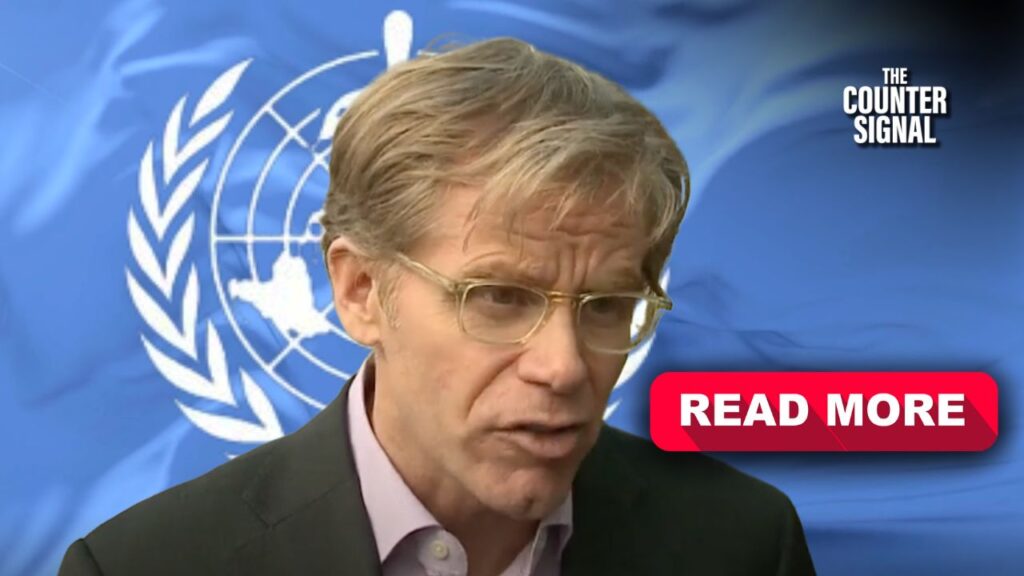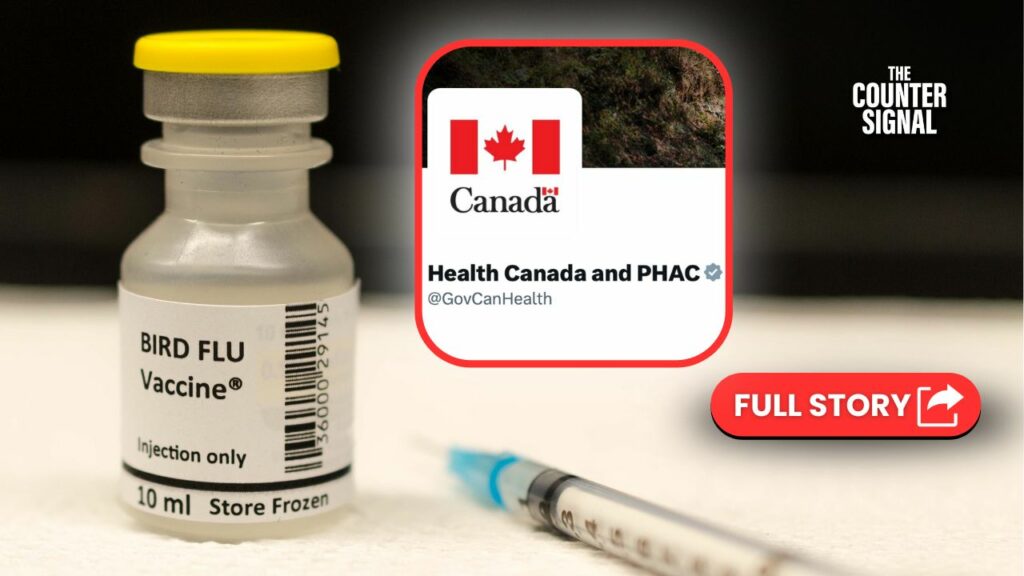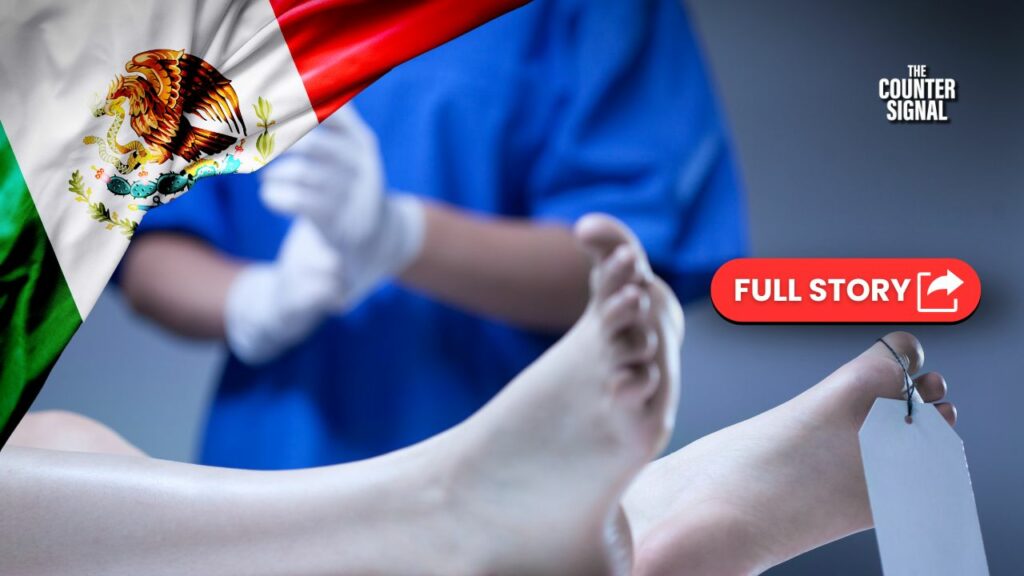Just two days before the World Health Assembly meets to decide whether to sign away Member States’ health sovereignty, the WHO announced they must hold an emergency meeting over a spontaneous global monkeypox outbreak that has infected less than 100 people.
According to the Telegraph, which was first alerted to the WHO’s emergency meeting and is literally funded by Bill Gates, “The World Health Organization (WHO) is also convening a group of leading experts in an emergency meeting to discuss the ongoing outbreak, The Telegraph understands.”
“It is believed the main topics of conversation will be around how the virus is being spread, the unusually high prevalence in gay and bisexual men, and also the vaccination situation.”
According to the WHO’s website, the recent case of monkeypox in the UK (from May 7) was confirmed by the WHO only one week ago, on May 13.
Since then, monkeypox, which is known to have extremely low transmissibility for humans, has miraculously managed to make its way to several European countries, the US, Australia, and Canada. This is despite the virus existing since the 1970s and almost never leaving the African continent — until now.
Curiously, researchers at Johns Hopkins University (also funded by Bill Gates) claim that while the virus is usually only spread by physical contact with someone exhibiting symptoms, monkeypox can supposedly be spread by droplets in the air. So, it looks like governments worldwide have a new reason to enforce mask mandates just months after removing them.
While public health officials are urging people not to panic — much like with the mostly non-threatening Omicron variant — that is precisely what governments are doing.
The Ontario government is now working with the federal government to increase surveillance of monkeypox after two cases were reported in Montreal.
Meanwhile, the US has ordered 13 million monkeypox vaccines after a single man in Massachusetts was confirmed to have contracted the disease. They also say that they have enough smallpox vaccines, which are supposedly 85 per cent effective, to vaccinate the entire population.
As for the WHO, to say they’re overreacting to a few cases of monkeypox is an understatement.
“Intensive public health measures should continue in the United Kingdom,” writes the WHO. “In addition to the ongoing forward and backward contact tracing and source tracing, case searching, and local rash-illness surveillance should be strengthened in the MSM and wider community, as well as in primary and secondary health care settings. Any patient with suspected monkeypox should be investigated and isolated with supportive care during the presumed and known infectious periods, that is, during the prodromal and rash stages of the illness, respectively.”











